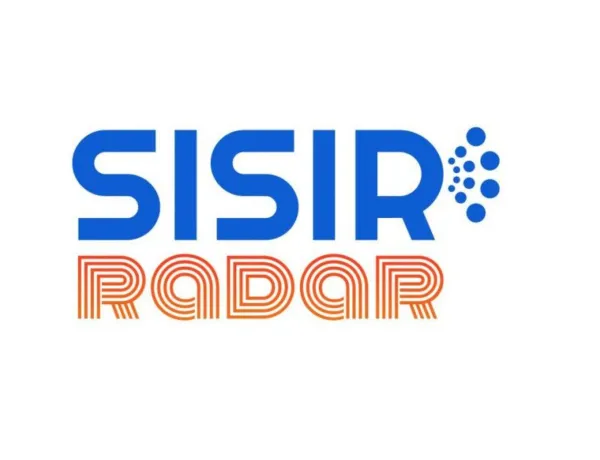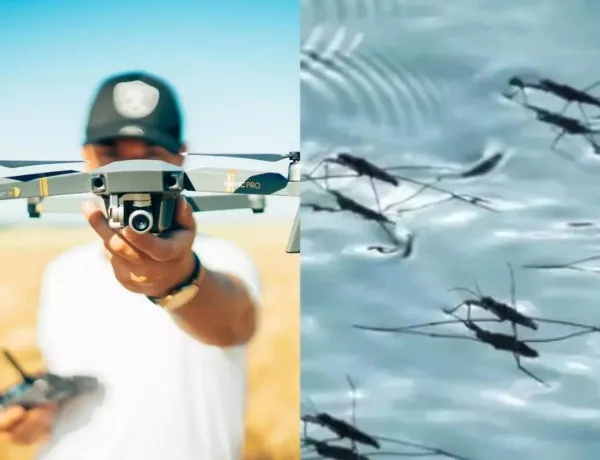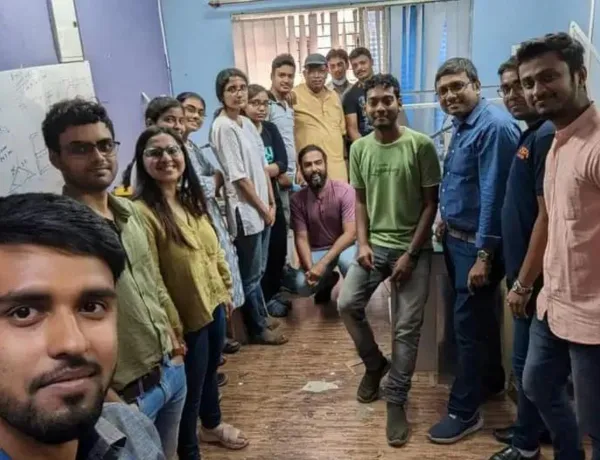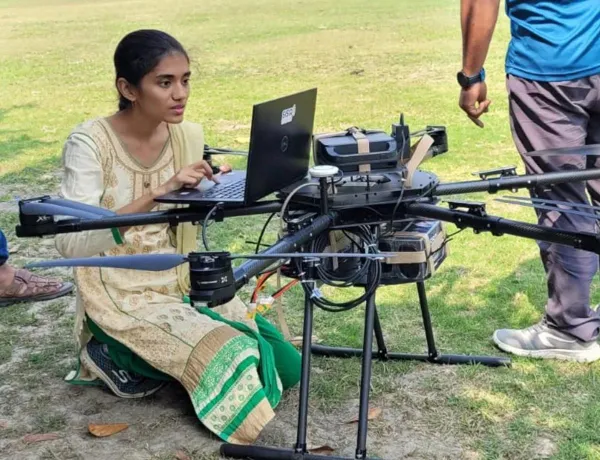As temperatures rise and monsoon rains bring relief from the scorching heat, one perennial menace continues to plague communities across India: mosquitoes. However, a Kolkata-based startup, Sisir Radar, has embarked on a promising mission to combat this age-old problem using sophisticated spy and surveillance satellite technology.

Mosquitoes, notorious for breeding in stagnant water, have long eluded traditional detection methods. Yet, Sisir Radar has ingeniously repurposed hyper-spectral imaging technology, originally designed for surveillance purposes, to identify mosquito breeding sites with unprecedented accuracy. By deploying custom-made cameras mounted on drones, the startup can detect the presence of mosquito larvae in containers and water bodies, revolutionizing mosquito control strategies.
Sisir Radar shared their initial findings, showcasing the effectiveness of their technology in detecting mosquito larvae. By conducting experiments with clean water and larvae-infested water in earthen and transparent plastic tumblers, the startup demonstrated the capability of their drone-borne hyperspectral imager to identify breeding sites from a height of 15 meters. This breakthrough promises precise identification of mosquito breeding sources, enabling targeted insecticide spraying to mitigate the spread of mosquito-borne diseases.

At the helm of this pioneering initiative is Tapan Misra, renowned as the father of India’s spy satellites and the former director of ISRO’s Space Applications Centre in Ahmedabad. With a distinguished career marked by innovative advancements in synthetic aperture radar imaging, Misra’s transition to entrepreneurship exemplifies the timeless adage that age is no barrier to innovation. His life motto, “capturing the invisible,” resonates profoundly as Sisir Radar harnesses high-end remote sensing technology for societal benefit.
Misra’s vision extends beyond mere mosquito detection; it encompasses a broader mission to revolutionize mosquito control strategies while safeguarding the environment. By eliminating arbitrary insecticide spraying and minimizing harm to aquatic life forms, Sisir Radar’s research not only promises to curb mosquito-borne diseases but also to mitigate the environmental impact of conventional control methods. With an estimated 250 million people afflicted by mosquito-borne diseases globally, the potential impact of this innovative approach cannot be overstated.



As Sisir Radar continues to push the boundaries of technological innovation, the future holds promise for a paradigm shift in mosquito control efforts. With their pioneering use of spy satellite technology for societal applications, the startup stands poised to make significant strides in combating mosquito-borne diseases and fostering a healthier, more sustainable future for communities worldwide.
